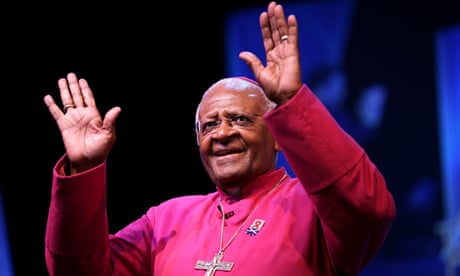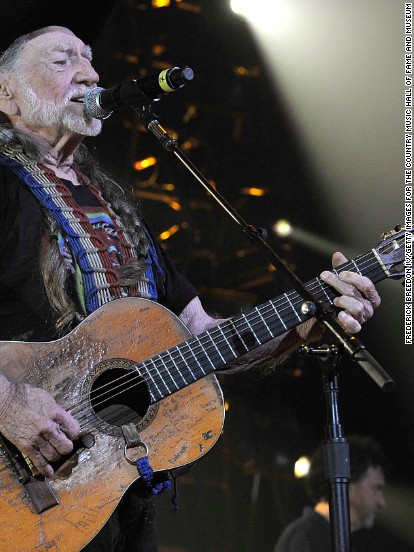- by cnn
- 15 Apr 2024
South Africa set for battle over legacy of ?moral compass? Desmond Tutu
South Africa set for battle over legacy of Ďmoral compassí Desmond Tutu
- by theguardian
- 27 Dec 2021
- in news

From the moment he resigned from his post as a schoolteacher rather than comply with the orders of the racist, repressive apartheid regime in South Africa in 1958, Desmond Tutu never deviated from his principles, fighting for tolerance, equality and justice at home and abroad. This brought him love, influence and a moral prestige equalled by few others on the African continent or beyond.
But Tutu, the cleric and activist who died on Sunday in Cape Town aged 90, was not just outspoken in support of the causes he felt to be right - such as LGBT rights - but a fierce and implacable opponent of what he felt to be wrong. Criticism was often tempered with humour. On occasion, it was delivered straight. This earned him enemies, and still does.
Tutu's first and most famous enemy was the apartheid system that prevailed in his homeland from 1948. Fully engaged in the freedom struggle from the late 1970s, Tutu was a key figure in telling the rest of the world about the grievances of South Africa's exploited majority communities. The cleric and activist, branded a "rabble-rouser" by authorities, did not pull his punches. Apartheid was as bad as "nazism", he told the United Nations in 1988, adding that politicians in the west who failed to support sanctions campaigns against the regime in Pretoria were racists.
In a letter, Tutu, then head of the South African Council of Churches, informed Margaret Thatcher in 1984 that a British invitation to the South African prime minister to visit the UK was "a slap in the face of millions of black South Africans who are the daily victims of one of the most vicious policies in the world".
But he did not spare those in power in the "rainbow nation" that emerged after South Africa's first free election in 1994. The phrase was his own, and set up aspirations that were never fulfilled. A decade later, Tutu gave a high-profile lecture in which he listed the many achievements of his countrymen under democracy but implied that many came despite their new political rulers who sought their own advancement before that of the poor. "What is black empowerment when it seems to benefit not the vast majority but a small elite that tends to be recycled? Are we not building up much resentment that we may rue later? We are sitting on a powder keg," Tutu said.
The Nobel laureate's criticism of the ruling African National Congress party became even harsher during the tenure of President Jacob Zuma, which ended in 2018 amid allegations of systematic corruption and maladministration. Relations between the ANC and Tutu improved slightly after Cyril Ramaphosa, a former labour activist and tycoon who has sought to bring in moderate reform and fight graft, took power.
Ramaphosa's tribute on Sunday, with its reference to the passing of "a generation of outstanding South Africans who have bequeathed us a liberated South Africa", underlines the general sense of disillusionment with their successors and it will be the Anglican church, not the government, that will organise the former archbishop's funeral, according to Covid restrictions as South Africa battles its fourth wave of infections.
- by travelpulse
- descember 09, 2016
Resort Casinos Likely Scuttled Under Amended Bermuda Legislation
Premier announces changes to long-delayed project
read more


